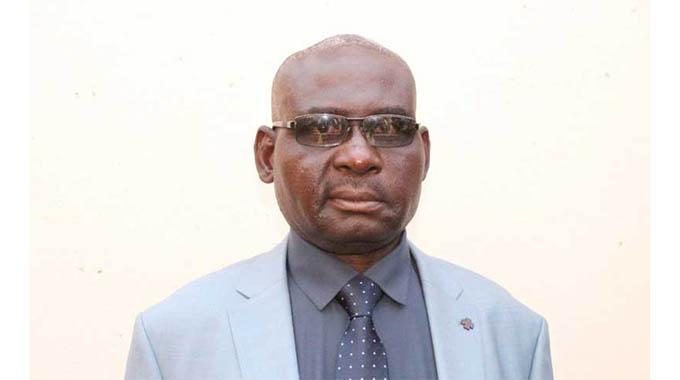News / Local
'Zimbabwe army conditions of service in bad state'
14 Sep 2024 at 11:21hrs |
0 Views

The government has acknowledged that the working conditions for the uniformed forces, particularly the Zimbabwe National Army (ZNA), have become dire. Deputy Defence Minister Levi Mayihlome made this admission while responding to questions from senators in the Senate.
"Yes, the conditions of service for the uniformed forces, especially the army, are not up to standard, including the provision of vehicles and personal issue items," Mayihlome said. He also highlighted the shortage of essential equipment in the barracks.
Recalling better times for the military, Mayihlome mentioned the provision of kits, known as "housewives," in the 1980s. These kits contained basic necessities such as shaving items and sewing kits, which allowed soldiers to maintain their uniforms and live more comfortably in the barracks. However, he noted that these provisions have disappeared due to a lack of funding.
"All those things are now a thing of the past because of inadequate funding over the years," he explained.
Mayihlome further revealed that the military is struggling to procure vehicles for personnel. Some senior officers, such as colonels, have not been given the vehicles they are entitled to, even after promotions.
"Military vehicles also break down due to wear and tear, and because of funding challenges, some colonels have not received their vehicles since their promotions," Mayihlome added. "We are working on a programme to procure the outstanding vehicles, including for those entitled upon retirement."
He also pointed out that even some brigadiers and air commodores who have retired have not received the vehicles promised to them.
Addressing these grievances, Mayihlome stressed the importance of maintaining morale within the military to safeguard national security.
"It's crucial to address these issues to ensure national security," he said. "Grievances should be raised through the proper channels to avoid sensitive information falling into the wrong hands."
He warned that if soldiers become disgruntled over their working conditions, it could pose a risk to national security, especially since the military cannot go on strike and must obey commands without question.
"The defence forces cannot strike. They commit to the ultimate sacrifice, and if they have grievances, everyone needs to listen. A disgruntled force could jeopardize national security," Mayihlome stated.
There are concerns that the declining living standards and poor working conditions in the army could create political challenges for President Emmerson Mnangagwa, who rose to power through a military coup in 2017. Despite the struggles faced by rank-and-file soldiers, Mnangagwa has provided top military officials with luxury vehicles, houses, loans, and farms, further highlighting the disparity within the ranks.
"Yes, the conditions of service for the uniformed forces, especially the army, are not up to standard, including the provision of vehicles and personal issue items," Mayihlome said. He also highlighted the shortage of essential equipment in the barracks.
Recalling better times for the military, Mayihlome mentioned the provision of kits, known as "housewives," in the 1980s. These kits contained basic necessities such as shaving items and sewing kits, which allowed soldiers to maintain their uniforms and live more comfortably in the barracks. However, he noted that these provisions have disappeared due to a lack of funding.
"All those things are now a thing of the past because of inadequate funding over the years," he explained.
Mayihlome further revealed that the military is struggling to procure vehicles for personnel. Some senior officers, such as colonels, have not been given the vehicles they are entitled to, even after promotions.
"Military vehicles also break down due to wear and tear, and because of funding challenges, some colonels have not received their vehicles since their promotions," Mayihlome added. "We are working on a programme to procure the outstanding vehicles, including for those entitled upon retirement."
He also pointed out that even some brigadiers and air commodores who have retired have not received the vehicles promised to them.
Addressing these grievances, Mayihlome stressed the importance of maintaining morale within the military to safeguard national security.
"It's crucial to address these issues to ensure national security," he said. "Grievances should be raised through the proper channels to avoid sensitive information falling into the wrong hands."
He warned that if soldiers become disgruntled over their working conditions, it could pose a risk to national security, especially since the military cannot go on strike and must obey commands without question.
"The defence forces cannot strike. They commit to the ultimate sacrifice, and if they have grievances, everyone needs to listen. A disgruntled force could jeopardize national security," Mayihlome stated.
There are concerns that the declining living standards and poor working conditions in the army could create political challenges for President Emmerson Mnangagwa, who rose to power through a military coup in 2017. Despite the struggles faced by rank-and-file soldiers, Mnangagwa has provided top military officials with luxury vehicles, houses, loans, and farms, further highlighting the disparity within the ranks.
Source - newsday
Join the discussion
Loading comments…
































